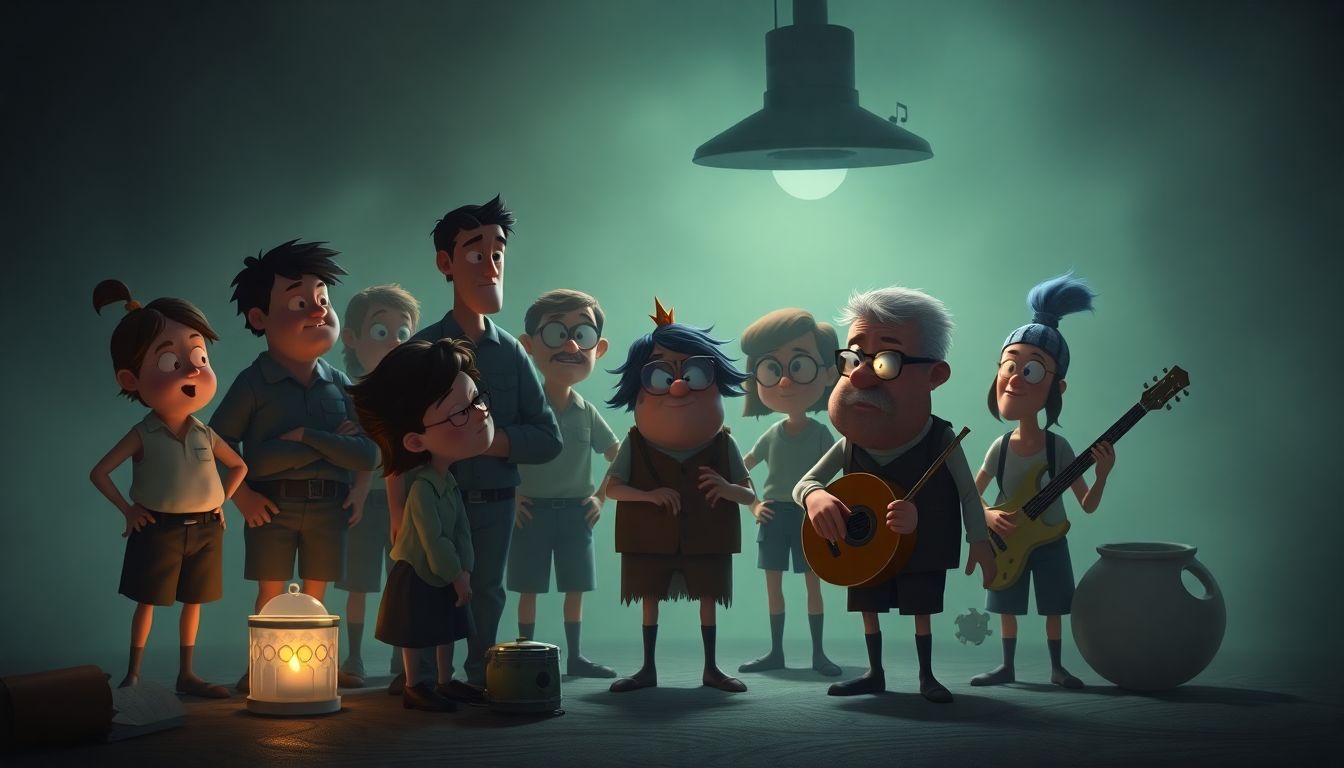
Music Copyright Infringement: When Accusations Fly
Music copyright law is a tricky subject. Musicians often find themselves tangled in legal battles over their songs. High-profile cases, like the battle over "Blurred Lines," highlight just how serious these disputes can get. Artists may think they own their work, but the stakes are high when accusations arise.
False claims of copyright infringement can be destructive. Artists face not just legal challenges, but emotional turmoil too. This article digs into the emotional and legal rollercoaster that comes with these accusations.
Understanding Copyright Law in Music
What constitutes copyright infringement?
Copyright infringement happens when a song copies others without permission. Here are some examples:
- Sampling: Using parts of another song without clearance.
- Melody theft: Borrowing a melody closely resembling someone else's.
- Lyrical similarities: Writing lyrics too similar to a known song.
Legal precedents, such as the "Blurred Lines" case, show how courts decipher these claims. Landmark cases help set the tone for how copyright issues are treated.
The burden of proof in copyright cases.
Proving copyright infringement isn’t easy. Statistics show that many copyright lawsuits don't result in a win for the plaintiff. Expert witnesses, like musicologists, often play a key role, analyzing the music to determine originality.
Copyright registration and its importance.
Registering your music is vital. Here’s why:
- It establishes a public record of your work.
- Helps in legal disputes if someone claims you copied them.
The registration process involves submitting your work to the relevant copyright office. Benefits in any legal fight can be significant.
Defending Against False Copyright Claims
Building a strong case for originality.
Defending against false claims requires solid evidence. Keep documentation of your creative process:
- Demos
- Song sketches
- Lyrics drafts
Expert testimony can highlight your song's originality, comparing it to the accuser’s work.
Gathering evidence to refute claims.
Collect evidence to prove your case, such as:
- Previous works that inspired you.
- Public domain materials showing similar ideas.
- Proof of independent creation, like dated demos.
Legal strategies for combating false accusations.
Consider these legal strategies:
- Hire an attorney specializing in intellectual property.
- Explore negotiation or settlement options to avoid lengthy court battles.
The Emotional Toll of Copyright Disputes
Stress and anxiety for artists facing accusations.
Accusations can cause real stress. Artists like Ed Sheeran have spoken about the anxiety stemming from copyright disputes. The pressure can overshadow creativity, leading to long-lasting mental health issues.
Reputation damage and career consequences.
Being accused can harm an artist's reputation. Some artists have seen their careers take hits from these public disputes. Strategies for managing reputation include:
- Engaging PR professionals.
- Focusing on new projects that showcase talent.
Financial burdens of legal proceedings.
Legal battles can be costly. Expenses include:
- Attorney fees
- Payments for expert witnesses
Independent artists feel the financial pinch the most.
Practical Tips for Musicians
Protecting your intellectual property proactively.
Here are some ways to safeguard your work:
- Register your songs promptly.
- Maintain detailed records of your creative process.
Collaborating safely and responsibly.
When working with others, be clear about agreements. Use contracts to set terms for:
- Copyright ownership.
- Co-writing credits.
Responding to copyright infringement claims effectively.
If you face a claim, act quickly:
- Consult a lawyer who knows copyright law.
- Document all communications and actions related to the case.
Conclusion: Navigating the Complexities of Music Copyright
In summary, music copyright law can be overwhelming. Understanding your rights and how to defend them is crucial. By protecting your work proactively, you lessen the chances of falling victim to false claims. Always consult with legal experts when facing copyright issues. Your music deserves protection.